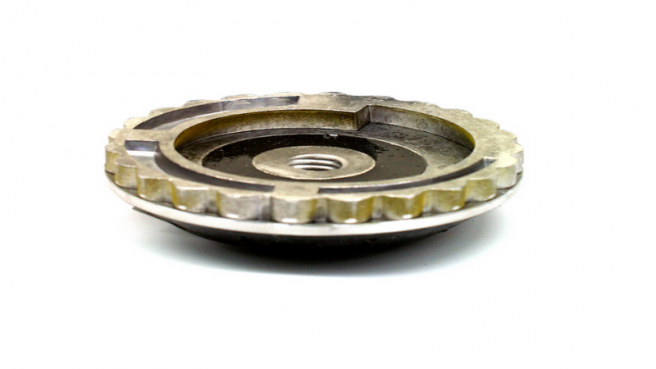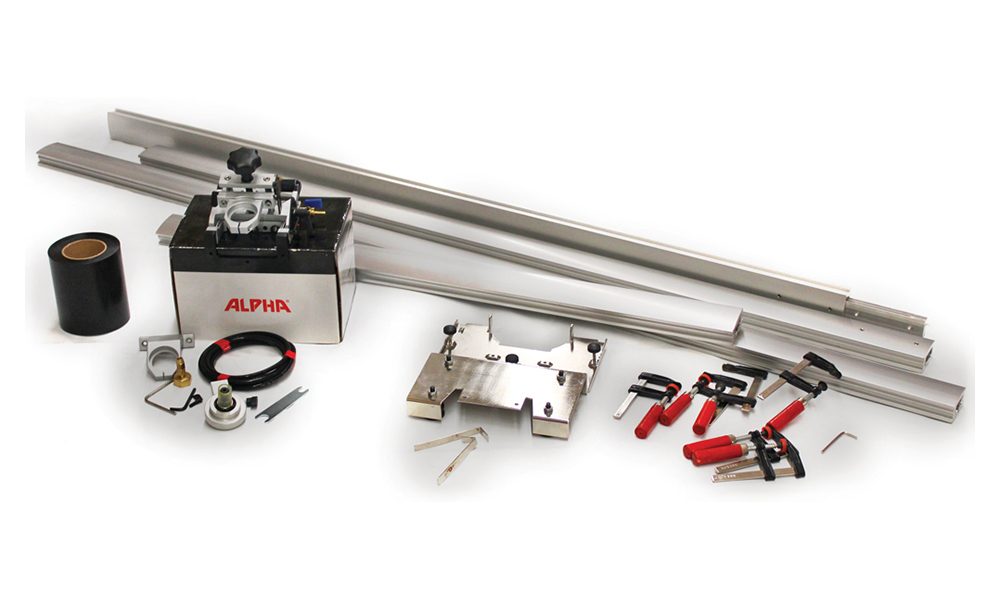In the competitive landscape of manufacturing, efficiency and precision are paramount. One critical area that significantly impacts both factors is production grinding. This process not only determines the quality of the finished products but also influences the overall operational efficiency. Advanced production grinding solutions can streamline operations, reduce waste, and increase productivity. This article explores how embracing these advanced techniques can benefit manufacturing processes.
Understanding Production Grinding
Production grinding involves the use of abrasive cutting to remove material from a workpiece, achieving the desired size, shape, and finish. The precision and efficiency of this process directly affect the overall throughput and quality of manufacturing operations. Key types of grinding processes include:
• Surface Grinding: Produces a smooth finish on flat surfaces.
• Cylindrical Grinding: Used for processing cylindrical features.
• Centerless Grinding: Ideal for high-volume production of cylindrical objects.
Each technique serves distinct purposes and choosing the right one can significantly impact production efficiency.
Benefits of Advanced Grinding Solutions
Adopting state-of-the-art grinding technologies offers numerous advantages:
• Enhanced Precision: Modern machines provide tighter tolerances and better consistency.
• Increased Speed: Advanced grinders operate faster, reducing cycle times.
• Improved Versatility: New models can handle a variety of materials and geometries.
• Lower Maintenance Costs: Contemporary grinding equipment typically requires less maintenance.
Integration of Automation
One of the most significant advancements in production grinding is the integration of automation. Automated grinding systems can perform repetitive tasks with high precision and minimal human intervention, leading to several operational benefits:
• Consistent Quality: Automated systems reduce the variability associated with human operation.
• Reduced Labor Costs: Automation can decrease the need for skilled labor, lowering overhead costs.
• Enhanced Safety: Automated systems minimize human interaction with dangerous machinery.
Sustainable Practices
Modern grinding solutions also emphasize sustainability. By improving the accuracy and efficiency of grinding processes, manufacturers can reduce material waste and energy consumption. Additionally, many new grinding machines are designed to be more energy-efficient and are capable of recycling grinding fluids and metal scraps.
Implementing Advanced Grinding Solutions
To effectively implement advanced grinding technologies, manufacturers should consider the following steps:
• Assess Needs: Evaluate current grinding processes to identify inefficiencies and potential areas for improvement.
• Choose Suitable Equipment: Select machines that best fit the specific requirements of the production tasks.
• Train Staff: Ensure that operators are adequately trained to handle new technology.
• Monitor Performance: Continuously track the performance of the new systems to optimize operations and realize the full benefits of the investment.
Conclusion
Advanced production grinding solutions offer a pathway to enhanced efficiency, precision, and sustainability in manufacturing operations. By investing in modern grinding technologies and embracing automation, manufacturers can significantly improve their production throughput and quality while reducing costs and environmental impact. As the industry continues to evolve, staying ahead in adopting these advanced solutions will be crucial for maintaining competitiveness and achieving operational excellence.


